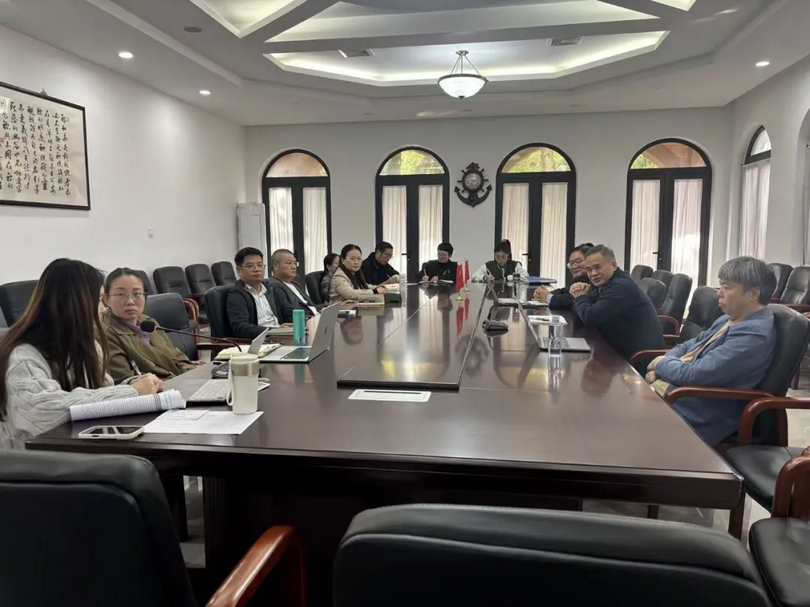On October 23, East China Theological Seminary conducted a teaching and research session centered on the course "Religious Studies."
According to the seminary, Professor Liu Meng explained that "Religious Studies" serves as a foundational course examining religious phenomena from an academic perspective. It aims to cultivate in students an open and reflective attitude that bridges faith and reason. She noted her intention to adopt a multidisciplinary approach, drawing insights from philosophy, anthropology, psychology, and sociology, to help students grasp the significance of religion in human civilization while encouraging them to re-examine their own faith within an academic framework.
In terms of pedagogy, Professor Liu employs a "lecture + discussion + case analysis" model, guiding students to engage with the subject through a problem-oriented approach. She integrates midterm presentations with academic training for thesis preparation, motivating students to link classroom theory with their research interests and to enter the sphere of academic writing at an early stage.
Several faculty members commended Professor Liu's course for its rich content, clear structure, and balance between academic tradition and contemporary relevance. They noted that by incorporating topics such as internet religion, religious localization, emerging faiths, and the sociology of religion, the course reflects the latest developments in the field and enhances its practical relevance.
In his concluding remarks, President Rev. Xie Bingguo emphasized that although "Religious Studies" is a traditional course, Professor Liu consistently updates its materials and integrates new scholarly findings. This approach, he said, ensures that the course remains both theoretically robust and contextually relevant. He further highlighted Professor Liu's use of heuristic teaching methods, which encourage student participation through inquiry and make the classroom a dynamic space for intellectual exchange.
Founded in 1985 by the CC&TSPMs of four provinces and one municipality in East China (Shandong, Zhejiang, Jiangxi, Fujian, and Shanghai), East China Theological Seminary relocated multiple times before settling in its current campus in Qingpu District, Shanghai, in 2000. The seminary occupies 17,843 square meters, with 7,635 square meters of building space. The theology program spans four years, with 60% of coursework in theology and 40% in general education. The Sacred Music Department, established in 2005, was authorized in 2011 by the State Administration for Religious Affairs to admit students from churches nationwide. In 2015, it launched a four-year undergraduate program in sacred music.
The seminary has more than 60 faculty members, including 14 full-time instructors and numerous part-time lecturers. Its library houses over 110,000 volumes. As of July 2024, the seminary has produced 1,641 graduates who are now serving in churches across the country.












